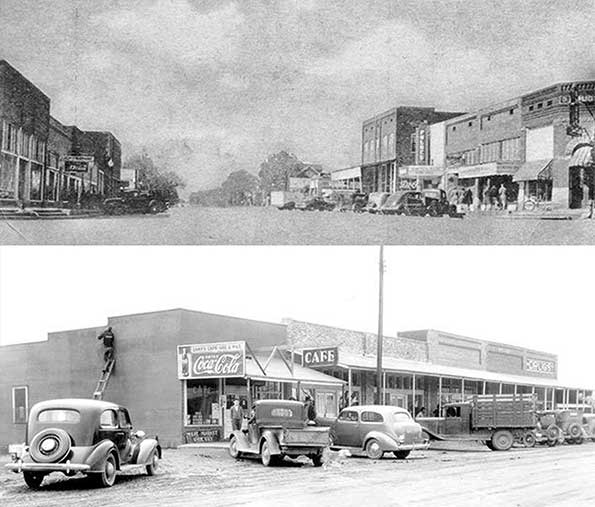
Local History
Booneville, located in the foothills of Mount Magazine, is a city in Logan County, Arkansas. The area that is now Booneville was originally inhabited by the Osage Indians with the first white settlers arriving in the area in the early 1820s. Walter Cauthron, an early explorer, built a cabin and a store, and the town was born. By the 1885 census, there were several small communities in the area. These include Barber, Blaine, Blocker, Booneville with a population of 275, Briar Creek, British, Caulksville, Chismville, Creole, Driggs, Dublin, Ellsworth, Hobart, Idel, Ione, Magazine, Morrison Bluff, Paris, Prairie View, Revilee, Roberson Landing, Shoal Creek, Sugar Grove, Titsworth Landing, and Trouble Hill.
There is equal consensus on whom the city was named after. Daniel Boone was a friend and kinsman of Colonel Logan, the Father of Logan County, and some believe the city is named after Daniel Boone in honor of that relationship. Others believe the town was initially called Bonneville by Walter Cauthron, the city’s founding father, in honor of his friend Captain Benjamin Bonneville, then stationed in Fort Smith, with the name and spelling being officially changed at a later date..


